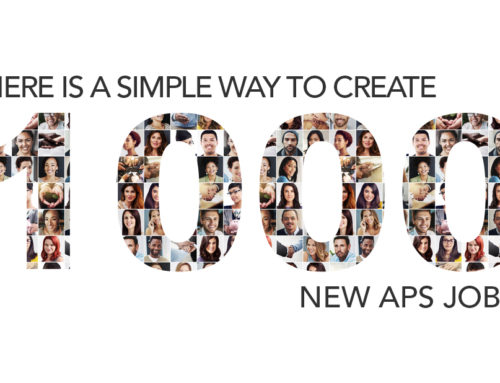“We don’t have time for project management.” “We can’t afford the overhead of PRINCE2, so we use a ‘lite’ version.” “Our SES doesn’t want full MSP.” “We use Agile so we don’t need project management, that’s waterfall.”
Over the years I have heard dozens of remarks like this, and while I usually politely smile when I hear them, inside I am shaking my head at the fundamental lack of understanding they reflect.
“We don’t have time…”
This is the underlying message: we don’t have time. It has become an everyday badge of honour in the workplace: “I’m flat out / under the pump / getting smashed / in back-to-back meetings / haven’t looked at my emails” etcetera, etcetera.
Why has it become cool to be poor at time-management and setting priorities? Why do people feel proud of the fact they are not spending time on things they should be spending time on? Why are many managers and leaders so hopeless at saying no, or making commitments responsibly?
I make these observations simply to set the context: “I don’t have time” is the bane of the modern workplace, and not simply something that affects good programme and project management.
The consequences
The consequences of not having time, or to be more specific not spending time on programme and project management, are severe. Over the years many reports have made this plain, and I find it astonishing that the APS has done nothing in response to Professor Peter Shergold’s 2015 report Learning from Failure, which spells out the issues very plainly. (Perhaps people haven’t had time to implement his report?!)
What are the consequences? They are that people launch headlong into significant change initiatives based on bravado and hope, with no real idea what needs to be done, or how it will be done. There is an absence of thinking and communication in the planning process, for which a high price is paid in implementation. Yet people still spend a great deal of time and money filling in templates, and portraying what they are doing as programme and project management. It isn’t.
So what should we be doing?
Effective programme and project management is really very simple. Get the right people into the right roles, have them think and communicate based on a set of clearly understood principles and concepts to shape a plan, then exercise control against that plan. The granularity of the plan must vary, with detail for the short-term and broader view for the longer term.
None of this should involve paying permanent staff, or worse still contractors or firms, to sit and write documents for you. Having people fill out templates is a mugs game, and has nothing to do with professional programme and project management.
Instead, have people in the key roles think and communicate face-to-face, and only record their conversations with the bare minimum documentation to avoid misunderstanding down the track and provide an adequate audit trail. How much time should be spent on such face-to-face communication? – as little as possible, but sufficient to ensure everyone is on the same page. Focus on the fundamentals, and don’t get caught in detail. In other words, less is more.
Want to escape from the template-treadmill and get your time back?
Tanner James is available for short, sharp engagements to do a template detox and help you optimise the way you manage your programmes and projects – big or small. If you would like to know more, please call me personally on 0407 404 688 or email me at john.howarth@tannerjames.com.au. I would be very happy to come to meet you, answer questions and provide further information.
What do you think?
Please feel free to comment on the blog itself or via LinkedIn.






Leave A Comment